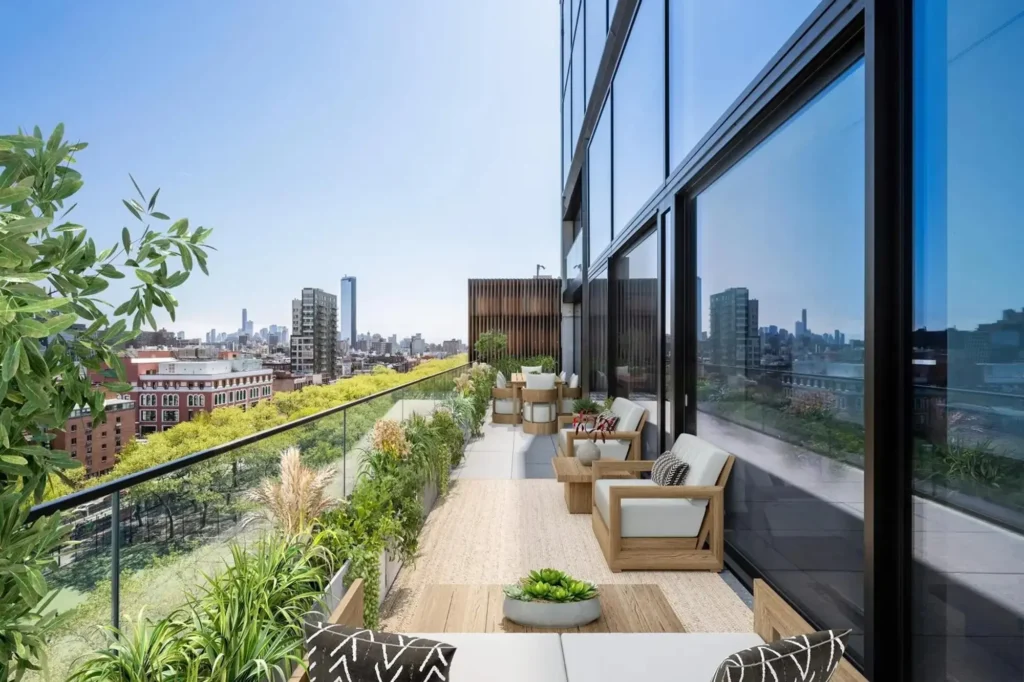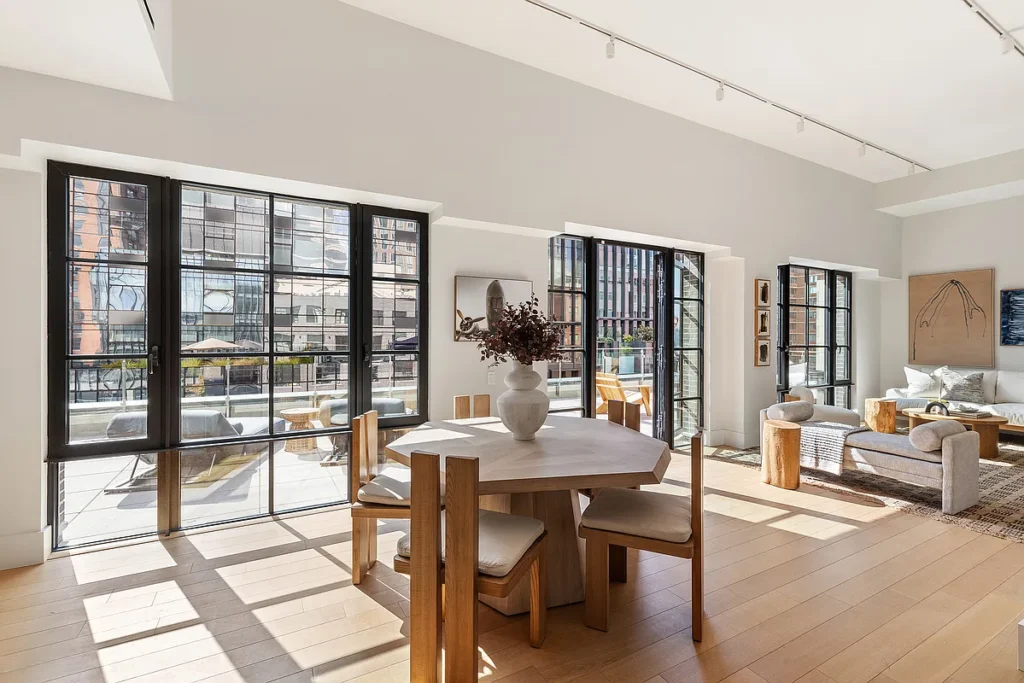New data highlights the rising dominance of trust-funded purchases in Manhattan’s luxury real estate market, confirming that family wealth is shaping the future of homeownership in New York City.

The Rise of Trust-Powered Home Purchases in Manhattan
Manhattan’s luxury real estate market is experiencing a significant transformation, driven largely by generational wealth transfer. In 2024, trust-funded transactions accounted for 28% of all home sales in Manhattan, marking a 65% increase from just 17% three years prior. This surge underscores that in New York City, family money is becoming the primary engine behind property acquisitions, especially in the most coveted neighborhoods.

Listing: 100 Greene Street, PH
Why Trusts Are Replacing Traditional Financing
Traditionally, buyers relied on mortgage loans and LLCs for privacy and legal protection when purchasing high-end properties. However, recent regulatory scrutiny on LLCs has pushed wealthy families towards trusts—legal structures that facilitate discreet, tax-efficient transfers of wealth. Wealth advisors emphasize that most trust purchases are structured by parents to support their children’s entry into NYC’s expensive housing market.
Neighborhoods Transformed by Wealth Transfer
Key neighborhoods such as SoHo, West Village, and Tribeca now see one-third of condo sales involving trusts. These areas, once solely inhabited by long-standing wealthy residents, are now home to many young professionals whose families financed their homes. In the West Village, for instance, the demographic landscape has shifted dramatically, revealing a new pattern where family wealth often determines ownership.

Listing: 11 West 12th Street
Brooklyn: Following NYC’s Wealth Trend
The trend extends beyond Manhattan. Brooklyn’s desirable neighborhoods—like Brooklyn Heights—are also experiencing the trust-driven shift, with properties averaging $1.3 million for condos and nearly $3.25 million for brownstones. Wealthy families are increasingly using trust structures to purchase these properties, signaling a broader pattern of intergenerational wealth transfer across NYC’s boroughs.
Market Implications & Future Outlook
This increasing reliance on trust-backed purchases suggests a growing divide in NYC’s housing landscape: those with access to generational wealth versus those without. For real estate professionals, understanding this shift has become essential, as traditional buyer qualification criteria are evolving to accommodate wealth transfer dynamics.

Listing: 443 Greenwich Street, 5G
Looking ahead, the trend suggests that family wealth will continue to play an outsized role in Manhattan’s housing market. As property prices remain high, parental financial support becomes not just advantageous but often essential, shaping NYC’s residential communities for decades to come.
The Broader Economic Context

Listing: 199 Chrystie Street, PHA
The phenomenon is part of the larger “Great Wealth Transfer,” where an estimated $124 trillion is expected to pass from older generations to the young over the next 20 years. In NYC, real estate is a key vehicle for this wealth, with families actively purchasing and holding property to secure their legacy.
Challenges and Opportunities
This trend highlights the increasing importance of family wealth in homeownership, but it also raises questions about housing accessibility. As wealth concentrations grow, economic diversity could decline, impacting the rich tapestry of NYC’s neighborhoods.

Listing: 517 West 29th Street, PHB
Final Thoughts
Family wealth continues to shape the fabric of NYC’s real estate market. For budding homeowners and industry insiders alike, this underscores a shift in how the city’s most exclusive properties are owned and transferred. As Manhattan’s skyline evolves, so too does the story of generational wealth—a story that looks set to define NYC’s housing landscape for years to come.
Stay tuned for more insights into NYC’s real estate trends and the evolving landscape of property ownership.

Listing: 8 East 83rd, 4B
